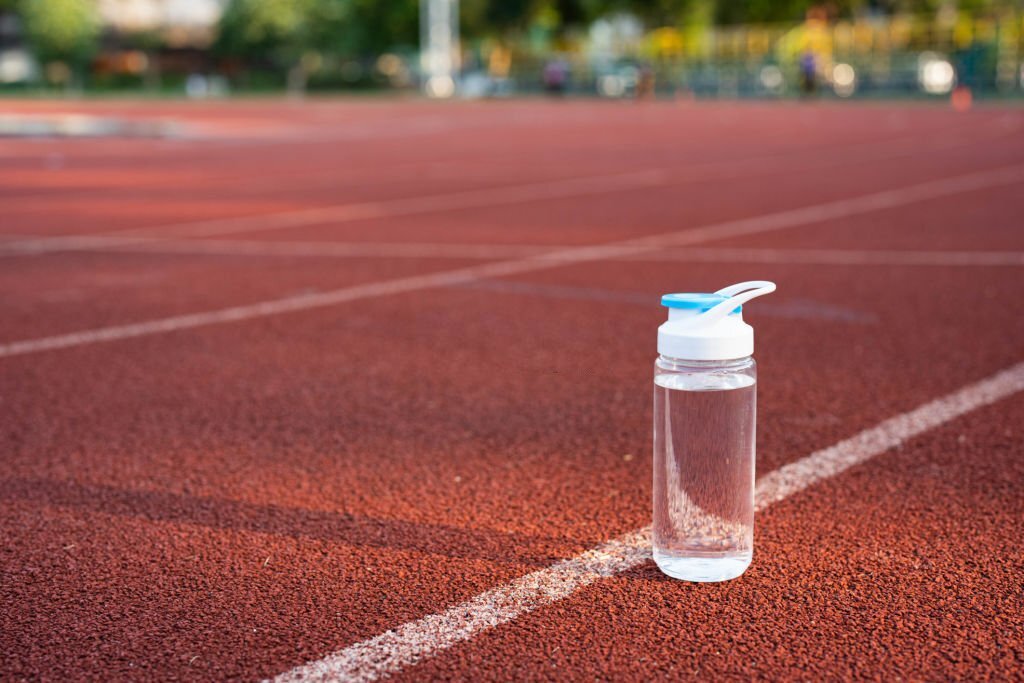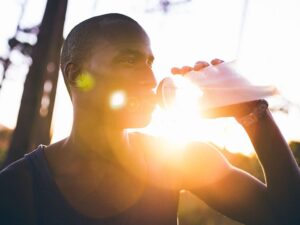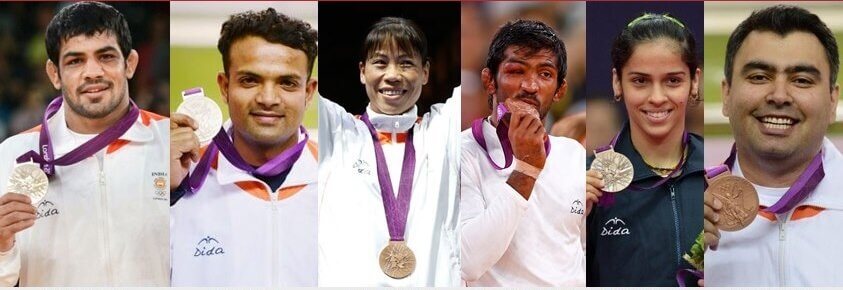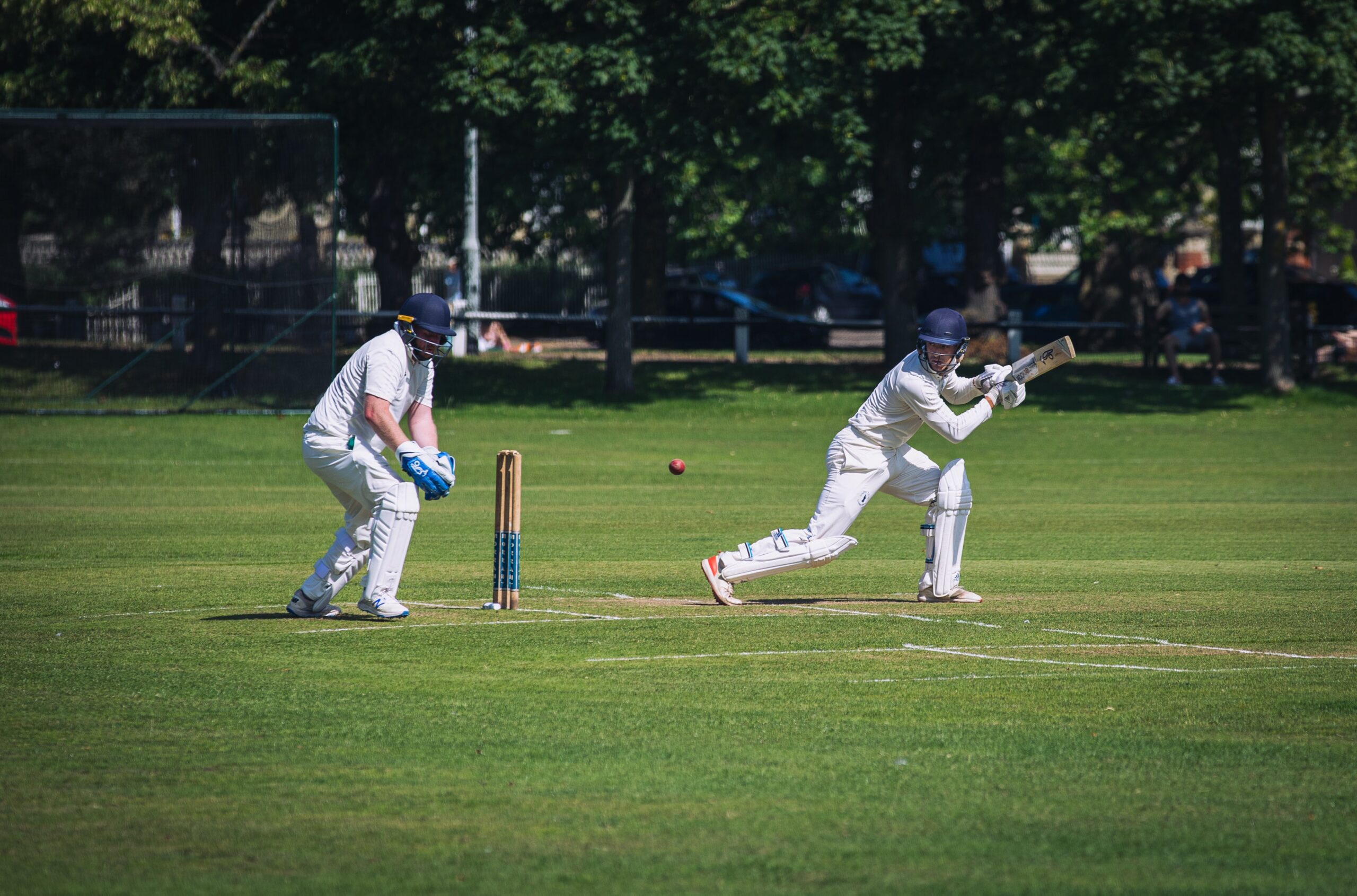Nutrition and hydration play a crucial role in athletic performance, as they provide the energy and nutrients needed to fuel the body during exercise. In this blog, we’ll take a closer look at the importance of nutrition and hydration for athletes.
Proper nutrition is essential for athletes, as it helps to optimize performance and prevent injury. Athletes need to consume a balanced diet that includes a variety of foods from all food groups, such as carbohydrates, proteins, and fats. Carbohydrates are particularly important for athletes, as they provide the energy needed for exercise. Athletes should aim to consume complex carbohydrates, such as whole grains and fruits, which provide a steady source of energy during exercise.
In addition to carbohydrates, proteins are also important for athletes, as they help to repair and build muscle tissue. Athletes should consume a moderate amount of protein each day, typically around 1 gram of protein per kilogram of body weight. Good sources of protein include lean meats, fish, eggs, and dairy products.
Fat is another essential nutrient for athletes, as it provides a source of energy during long-duration exercise. Athletes should aim to consume healthy fats, such as those found in nuts, seeds, and fatty fish, rather than unhealthy saturated and trans fats.
In addition to consuming a balanced diet, athletes should also pay attention to their hydration levels. Dehydration can have a significant impact on athletic performance, as it can lead to fatigue, cramping, and decreased cognitive function. Athletes should aim to consume enough water throughout the day to maintain proper hydration levels, as well as during exercise to replace fluids lost through sweating.
The amount of water an athlete needs will depend on a variety of factors, including body weight, exercise intensity, and environmental conditions. As a general rule, athletes should aim to drink at least 8-10 cups of water each day and should consume fluids before, during, and after exercise to maintain proper hydration levels.
In addition to water, athletes may also benefit from consuming sports drinks during exercise. Sports drinks contain electrolytes, such as sodium and potassium, which help to replace the minerals lost through sweating. These drinks can be particularly useful for athletes who are exercising for long durations or in hot, humid conditions.
Overall, nutrition and hydration play a crucial role in athletic performance. Athletes should aim to consume a balanced diet that includes a variety of foods from all food groups, as well as pay attention to their hydration levels to maintain proper fluid balance. By taking a proactive approach to their nutrition and hydration, athletes can optimize their performance and reduce the risk of injury.
However, it’s important to note that each athlete’s nutritional needs may vary based on factors such as age, gender, and sport. Therefore, it’s important for athletes to work with a registered dietitian or sports nutritionist to develop a personalized nutrition plan that meets their individual needs.
Moreover, some athletes may be tempted to turn to supplements to boost their athletic performance. While some supplements may have a positive impact on performance, such as creatine or caffeine, others can have negative effects and may even be banned by sports organizations. It’s essential for athletes to be cautious when considering supplements and to seek guidance from a qualified healthcare professional or sports nutritionist before taking any supplements.
In conclusion, proper nutrition and hydration are essential for athletes looking to optimize their performance and reduce the risk of injury. Athletes should aim to consume a balanced diet that includes a variety of foods from all food groups and pay attention to their hydration levels to maintain proper fluid balance. By taking a proactive approach to their nutrition and hydration, athletes can set themselves up for success on the field or court.

























